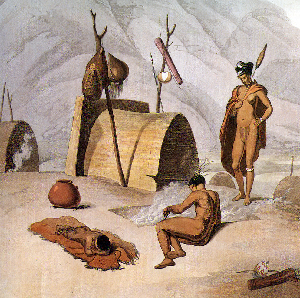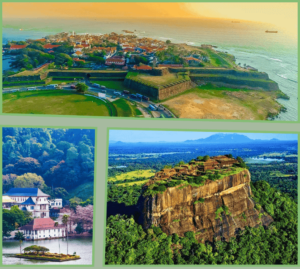Xhosa culture in South Africa
#TourismeDurable #SustainableTourism #SouthAfrica
The Xhosa come from populations originating from the Great Lakes region who gradually migrated towards the south while repelling the Khoisan hunters.
When the Dutch colonized southern Africa in the 17th century, the Xhosa were well established in the east of what is now South Africa. In February 1856, Nongqawuse, a young teenager2, claimed that the spirits had told her that the power of the Xhosas would be restored and the whites driven out if the Xhosa people consented to slaughter their entire herd, burn their crops and destroy their food reserves. On the announced date of the resurrection of the dead for the full moon, August 16, 18562, the prediction did not come true. A terrible famine fell on the region at the beginning of the spring of 1857.
The population was starved, reduced to eating the food of the horses, grass, roots, bark of mimosa. Some indulged in cannibalism. With apartheid in the 20th century, two Bantustans, Transkei and Ciskei, were created for the Xhosa. Their independence was proclaimed by South Africa but not recognized by the international community and they were reintegrated into the new province of Eastern Cape in 1994.

The Xhosa culture is well known for the complex dress code that indicates a person’s social standing. How senior they are, if they are married or single, if they are the new wife or have had a baby – all shown in the headdress and dress of the wearer. A combination of a long skirt with no slit in front, together with a marriage bib and two beaded aprons means the wearer is a widow.
The more elaborate the hat, the more senior the wearer. Only young girls may go around bare-breasted. The pipe smoking of Xhosa women is also well known and a huge variety of beaded pipes abound. Traditionalists were described as ‘Red’ because of their practice of daubing (ukuqaba) red clay on their faces and bodies. Women and men also use cosmetic white clay on their faces.
The Xhosas have a strong oral tradition with many stories of ancestral heroes. Ancestor worship rituals as well as the initiation ceremony for young men are still practised, even though many young men die or are mutilated by the circumcision.
Stick fighting is a common pastime for men, whose day time job is looking after the cattle. Women tend the crops, and do much of the other work around the home.
It was Xhosa leaders who initiated the fight against apartheid and founded the ANC. Among these were two of our modern day heroes, Nelson Mandela and Desmond Tutu.








